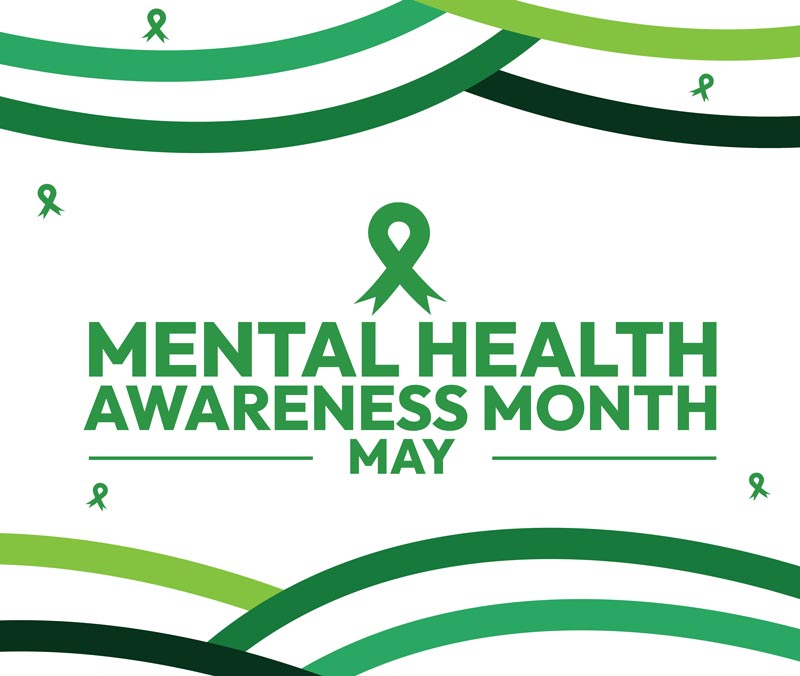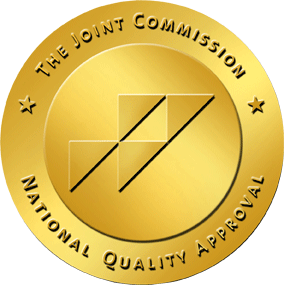At Skyway Behavioral Health, we understand that mental health issues often manifest in ways that are not immediately apparent. High-functioning depression, also known as dysthymia or persistent depressive disorder, is a prime example of such a condition. This form of depression allows individuals to appear successful and engaged in their daily lives, masking their struggles from the outside world. In this article, we delve deeper into the subtle signs, impacts, and management strategies of high-functioning depression, aiming to shed light on this hidden battle.
Recognizing High-Functioning Depression
High-functioning depression is not recognized as a separate clinical diagnosis but is a popular term used to describe those who are able to maintain their daily responsibilities while suffering from persistent depressive symptoms. Unlike major depression, the symptoms might be less intense but are chronic, often lasting for years, thus affecting long-term quality of life and well-being.
People with high-functioning depression perform well in their careers, maintain social relationships, and often do not exhibit any typical signs of depression. This discrepancy between their internal experience and external appearance makes it particularly challenging to recognize and understand (Psychology Today).
The Invisible Struggle
High-functioning depression often goes unnoticed because those who suffer from it are adept at concealing their emotional turmoil. Their ability to keep up with daily routines while being internally distressed can lead to misunderstandings about their true state of mind, potentially delaying diagnosis and treatment. The National Institute of Mental Health (NIMH) provides a guide on the general signs and symptoms of depression that can be helpful in identifying less obvious cases.
Signs and Symptoms of High-Functioning Depression
While individuals with high-functioning depression can manage personal and professional tasks effectively, they experience continuous feelings of sadness, fatigue, irritability, and a sense of inadequacy that they often keep private. Specific symptoms to look out for include:
- Subdued Happiness: Persistent sadness or a feeling that despite successes, something is always missing.
- Chronic Fatigue: Feeling tired all the time, regardless of rest.
- Low Self-Esteem: Persistent self-criticism and feelings of inadequacy.
- Procrastination and Difficulty Concentrating: Tasks become more challenging to start and complete; decision-making is hindered.
- Social Withdrawal: Despite maintaining some social activities, there is often a retreat from meaningful personal connections.
- Changes in Appetite and Sleep Patterns: Overeating or lack of appetite; insomnia or excessive sleeping.
See our Mood and Anxiety page to learn more about what we treat.
Coping Strategies
Managing high-functioning depression involves recognizing the condition, seeking professional help, and adopting lifestyle changes that support mental health:
- Therapy and Counseling: Engaging with mental health professionals can be crucial. Therapies such as Radically Open Dialectical Behavior Therapy (RO-DBT) are particularly effective as they address negative thought patterns and increase flexibility and connectedness.
- Medication: Antidepressants may be prescribed when therapy alone does not alleviate symptoms. It’s important for treatment to be monitored by healthcare professionals.
- Routine and Structure: Establishing a consistent daily routine helps in reducing the unpredictability that can exacerbate depressive symptoms.
- Physical Activity: Regular exercise boosts mood and has been shown to be as effective as medication for mild depression (Harvard Health).
Workplace Awareness
Recognizing high-functioning depression in the workplace can lead to a more supportive environment that promotes mental well-being. Employers can play a significant role by providing resources, reducing stigma, and encouraging open conversations about mental health. Implementing flexible work hours and ensuring that employees have access to mental health days are practical steps that can make a substantial difference.
Creative and Expressive Therapies
Creative therapies like art, music, and dance not only provide a release from the monotony of daily life but also help in expressing emotions that may be difficult to articulate verbally. Engaging in creative activities offers therapeutic benefits, helping to dismantle the barriers erected by depression (American Journal of Public Health). Such activities can ignite a sense of accomplishment and enhance emotional resilience.
Societal Impacts and Personal Stories
Understanding the societal impacts of high-functioning depression involves recognizing the broader effects on productivity, relationships, and overall health outcomes. Personal stories and testimonials can play a powerful role in raising awareness and reducing stigma. Platforms like The Mighty provide a space for individuals to share their experiences with mental health challenges, including high-functioning depression, which can be a source of inspiration and solidarity for others.
Get Help for High-Functioning Depression
High-functioning depression is a serious condition that often remains under the radar. At Skyway Behavioral Health, we are dedicated to bringing these hidden struggles into the light, providing support and resources to those affected. We encourage anyone experiencing signs of high-functioning depression to seek professional help. For more information and resources, visit our website at Skyway Behavioral Health or call us at 224-970-1022
Remember, recognizing the problem is the first step toward recovery. You are not alone in this journey, and with the right support and strategies, it is possible to manage the symptoms and lead a fulfilling life despite high-functioning depression.




